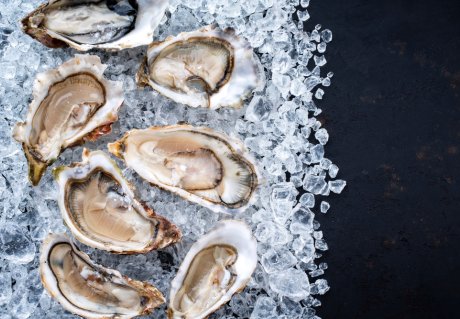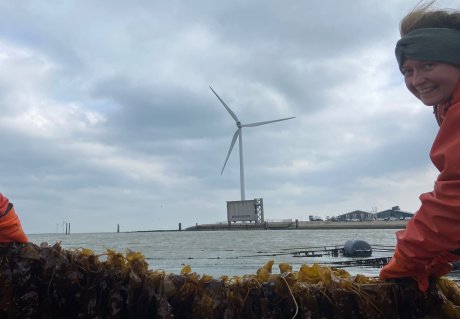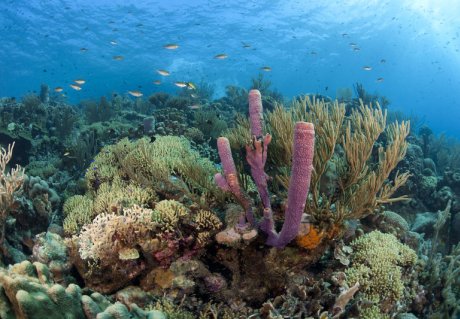
Marine Microbial Ecology
If we view ourselves or any other eukaryote without taking associated bacteria into account it is as if we look into a distorting mirror. Because something of the significant “other” that makes part of the “self” is missing.
It has become obvious that symbiosis appears to be the rule rather than the exception for aquatic life. Symbiotic microorganisms offer their eukaryotic hosts advantages that make them more competitive, more flexible in coping with a changing environment and allow colonization of environmental niches that would otherwise be out of reach.
Thus, bacteria and other symbionts of eukaryotes have a pivotal role for the production of sea food and present one of the most valuable resources for the discovery of novel bioactive molecules.
The research and teaching in the Marine Microbial Ecology group entails interactions between eukaryotes and microbes in the aquatic environment including sponges, fish, shrimp and algae.


